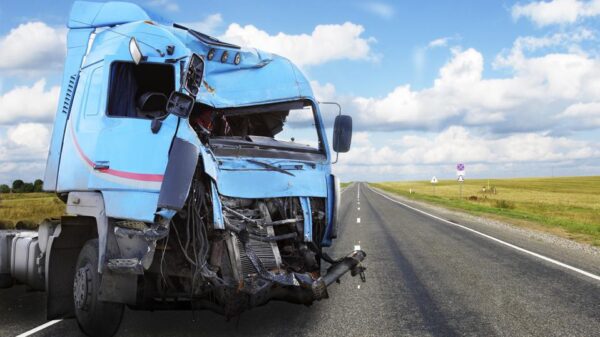No one should drive while under the influence of alcohol or drugs. This is especially important when the driver is handling a huge vehicle, such as a large truck, which might cause disastrous damage in the event of a collision. If you were wounded in a truck accident, you have a few options for collecting evidence that the truck driver was drunk at the time of the accident. An experienced attorney can help you determine whether you have a case and ensure that you get the maximum compensation.
Evidence of impaired driving
Qualified truck accident attorneys may be able to gather information to uncover the root cause of the accident, such as intoxicated driving. They may investigate the following issues:
- Factors involved in the accident
There may have been factors in the collision that indicate impairment was a factor. For example, the motorist could have been driving recklessly or alternating between speeding and braking constantly. The driver may have entered other lanes without signaling or cause.
- Drug tests
Federal law requires commercial drivers to submit to drug testing following certain kinds of collisions.
- Medical records
After being wounded and sent to the hospital, the motorist may undergo various medical examinations, including blood drawn and testing for alcohol and drugs.
- Eyewitness statements
Eyewitnesses may have witnessed the driving style of the trucker before the crash.
Federal laws on drug testing
Alcohol and drug testing is required by federal law at the following times:
- Pre-employment
Before authorizing a driver to operate a vehicle, an employer must receive a negative drug test result.
- Post-accident
Drug testing is mandatory when there is a death, physical harm, or vehicle damage that requires towing.
- Random
Truckers must also be drug tested at random throughout the year.
- Reasonable suspicion
Truckers who seem to be operating under the influence of alcohol or drugs may be tested without notice.
- Return to Duty
Motorists who have tested positive for alcohol or drugs refused a test or violated federal drug testing criteria and completed the return-to-duty protocol must obtain a negative result before driving again.
- Follow up
Follow-up exams are required for those who have completed the return-to-duty process.
Testing after accidents
Following an accident, testing must be conducted within two to eight hours. If testing is not performed within 32 hours after the accident, the employer must keep a record of why the test was not performed.
For more information, consult an experienced truck accident attorney today.














Be First to Comment